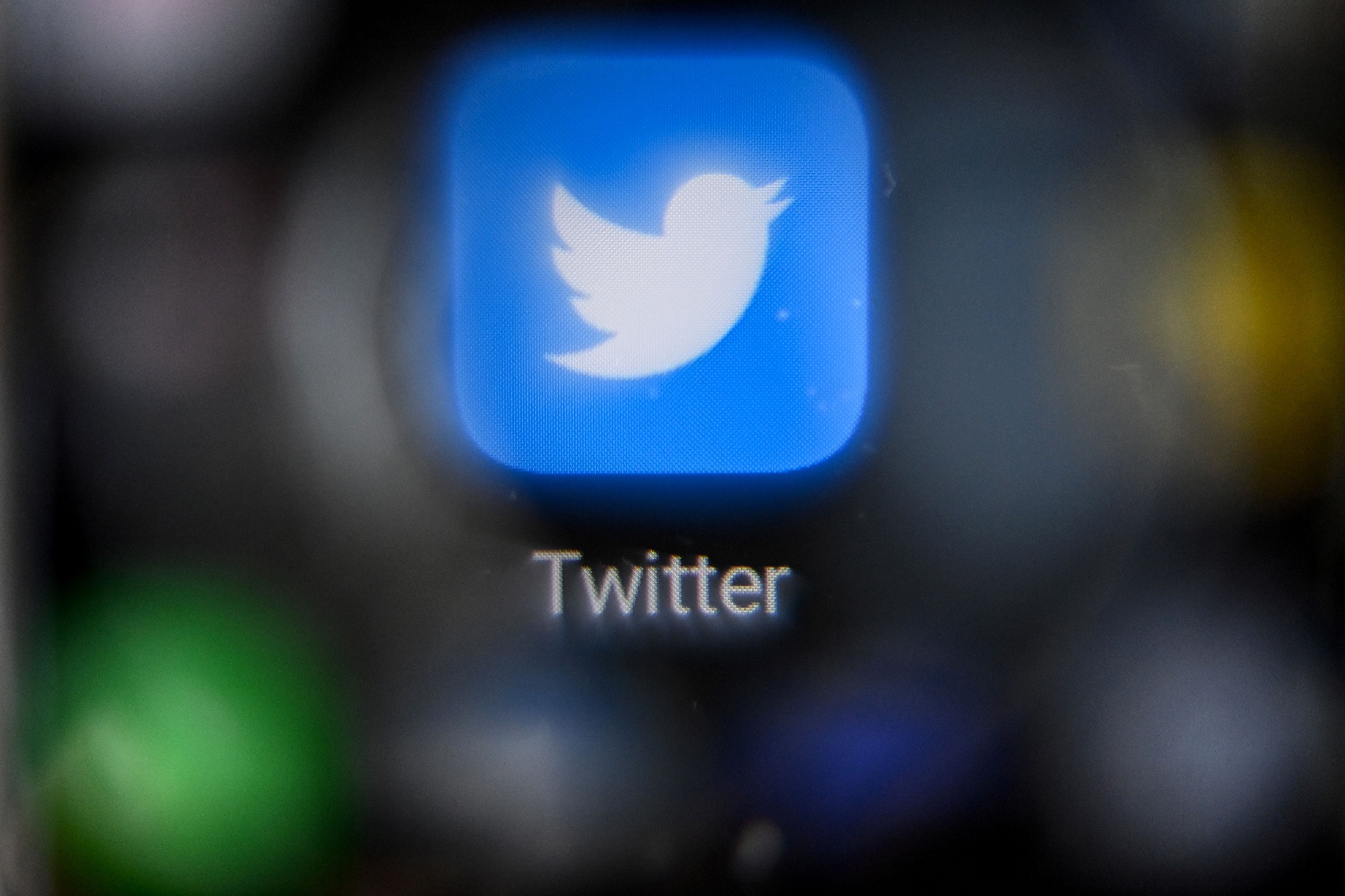Twitter bans sharing images of private individuals without their consent

Twitter has bannned the sharing of pictures and videos of private individuals without their permission, in a major policy move.
The change will mean that people can ask for pictures of themselves to be removed from the site, if they did not consent to have the images or videos shared.
Public figures will not be able to have pictures removed, unless they are being harassed, and cases where the pictures and tweets are in the public interest or “add value to public discourse” will still stay up.
It is the first major policy announcement under the company’s new chief executive, Parag Agrawal, who took over from Jack Dorsey when he stood down on Monday.
The new rules are an extension of Twitter’s existing rules on “private information”, it said. Those rules already banned the sharing of information such as people’s home addresses or ID documents.
It is distinct from its policy on abusive behaviour, which it could already use to take down images that were being used as harassment or intimidation. And it is also separate from its existing non-consensual nudity policy, which covers instances where nude images of both public and private individuals are being shared without their permission.
Twitter acknowledged that there will be cases in which images might be shared “in an effort to help someone involved in a crisis situation, such as in the aftermath of a violent event, or as part of a newsworthy event due to public interest value, and this might outweigh the safety risks to a person”.
In such cases, it would look to assess the context of the image and may decide that it should stay up anyway, it said. That might include images that are already publicly available, those that are being covered by news sites, “or if a particular image and the accompanying tweet text adds value to the public discourse, is being shared in public interest, or is relevant to the community”.
“Feeling safe on Twitter is different for everyone, and our teams are constantly working to understand and address these needs,” it said. “We know our work will never be done, and we will continue to invest in making our product and policies more robust and transparent to continue to earn the trust of the people using our service.”
Join our commenting forum
Join thought-provoking conversations, follow other Independent readers and see their replies
Comments
Bookmark popover
Removed from bookmarks